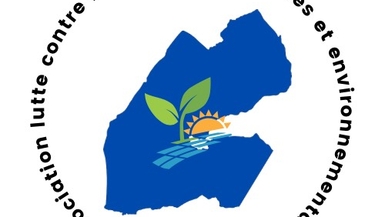Campaign Status
Ongoing Offline: The campaign is currently ongoing offline and, thus still in the process of collecting funds.
Summary
The campaign aims to purchase a medical ambulance for rural Borkou residents affected by scorpion stings.
Challenge
Scorpion stings have become a serious condition called "scorpionism," a destructive reality in the Saharan regions of BET. It's a significant public health problem both in terms of mortality and its heavy socio-economic impact. Studies conducted on-site reveal that scorpion stings are the leading cause of mortality in BET with an overall lethality rate of 4.44%, making Chad the country with the highest lethality rate in the world compared to the reference population. However, despite these devastating effects, scorpion stings and envenomations (PES) are very poorly known and publicized. This lack of interest in the issue is reflected in the lack of funding for any projects on this subject, by international organizations, but also neglected by the authorities as there is no multisectoral effort on this subject in Chad yet.

The population of Borkou is mostly rural, dispersed over a vast territory, in many small communities often difficult to access due to transportation problems, extending well beyond the area covered by existing treatment structures. Additionally, there are fewer resources (treatment structures and medical personnel to treat patients) in the northern regions in general.

Solution
Despite the rapid blood transit of toxins limiting the effectiveness of SAS, individuals must find their own means of transportation to reach health centers, regardless of their condition and the risk to their lives. To meet this challenge, HDS will provide a medical ambulance, and patients will only need to call the surveillance team to provide them with necessary care and possibly evacuate them to the regional hospital in Faya.

The medical ambulance will bring the population closer to health services, which is all the more urgent as toxins have the particularity of having a rapid blood transit (less than 2 hours), limiting the effectiveness of antivenom serums (SAS).



